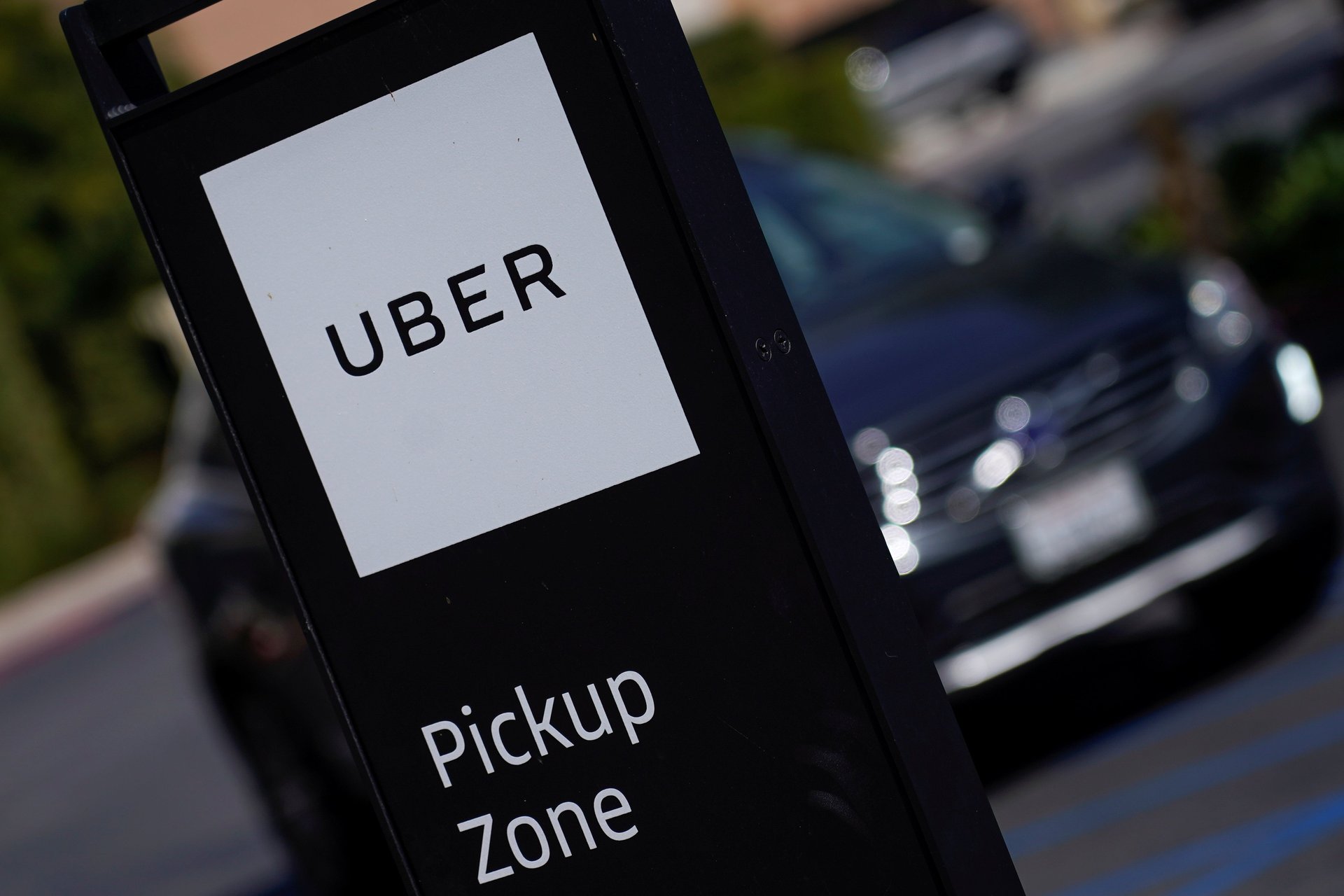Independent contractors are already finding ways to work around AB5
The new California labor law known as AB5, which makes it more difficult for companies to treat workers as independent contractors instead of full-time employees, is being met with heavy opposition, and not just from Uber and Lyft.


The new California labor law known as AB5, which makes it more difficult for companies to treat workers as independent contractors instead of full-time employees, is being met with heavy opposition, and not just from Uber and Lyft.
One sign of the resistance? There’s been a big increase in applications to set up limited liability companies, or LLCs. By forming these business entities, workers can retain their independent status—and potentially avoid losing work.
Many of the workers who are seeking workarounds are in traditional independent-contractor roles, working as paralegals, consultants, or in public relations. (Truckers have already won an exemption from AB5; the big ride-hailing and delivery companies have not, but Uber, Lyft, and DoorDash have pledged $90 million to pass a ballot initiative that would essentially exempt them from the new law, which went into effect on Jan. 1.)
Forming an LLC is rather straightforward. Individuals can register their business online, and an LLC has fewer formalities than other business structures, like Subchapter S corporations. In California, the filing fee to form an LLC is $75, and then there’s the annual $800 franchise tax—the latter is a lot less in other US states.
“If you want to continue to at least try to be an independent contractor in the state of California, you need to go get a business license,” says Tricia Legittino, a Los Angeles-based partner in the litigation and employment groups at the law firm Frankfurt Kurnit. “It is maybe the only exception that they can qualify for under AB5.”
The law set forth a stricter standard, known as the “ABC” test, that makes it harder for employers to classify a worker as an independent contractor, circumventing a strategy used by some companies to cut labor costs. The law affects at least 1 million workers who were considered independent contractors and therefore worked without rights such as minimum wage and unemployment insurance.
Some businesses are responding by either bringing workers on as employees or reducing hours to prevent being fined. Uber, for its part, has announced a number of changes in California, including allowing some drivers to start setting their own fares.
US Census data shows that nationally the total number of business applications reached an all-time high of nearly 900,000 in the last quarter of 2019, with California contributing a large part of the increase. Data from the California secretary of state’s office shows the number of LLC registrations statewide increased 5.71% from 2018 to 2019.
“Why we see the spike in independent contractors now forming corporations and an LLC is because of the fact that there are strategies that you can employ to get around this bill,” says Nellie Akalp, founder and CEO of Corpnet, a Los Angeles-based document filing service that helps clients form LLCs. She says she’s seen a spike in clients obtaining LLCs just in the past several weeks.
That’s not to say that getting a business license is what all independent contractors want, or that it works for all jobs. Legittino says that freelance writers, for example, would not necessarily meet all the criteria to obtain a business license.
Harry Campbell, founder of The Rideshare Guy blog, says he hasn’t heard from “too many drivers” about setting up LLCs. “What I’ve seen from talking to thousands of gig workers and drivers is that a lot of people get into this line of work very casually and they don’t think about liability and they don’t think about insurance and taxes,” he says. But Campbell notes he has been fielding more LLC-related questions lately from drivers who fit a certain profile—mainly those who drive on the side and have more assets at risk. They’re curious about the liability protection offered by an LLC designation.
Campbell says that LLCs could be an option for more drivers in the future, especially if companies like Uber and Lyft lose their ballot initiatives and AB5-related court battles. “That could be sort of another ace up [the companies’] sleeve, where I can really imagine that they would maybe even subsidize some of the costs of drivers forming LLCs,” says Campbell.
Lawmakers have said that there will be changes in the language to address some workers’ concerns, but California assemblywoman Lorena Gonzalez, the San Diego Democrat who proposed the bill, has defended it, saying the intention is to protect those workers who need it most.
While the law continues to be refined, what’s clear is that the changing nature of the labor market is changing what’s needed from the laws that govern it.
“I really think that in this economy, everything is so personal, right? It’s really hard in this day and age to make generalities,” says Legittino. “It’s not like when everyone would work in factories or offices, you know, there’s more give and take now.”